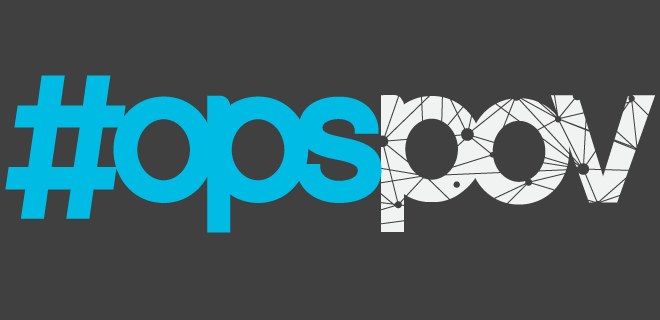
A few years back at a conference, I sat with clenched fists and jaw as the CRO of one of the rising clickbait sites administered a lecture on how to drive traffic through smart headlines in the “new media world.” The talk was filled with advice such as using phrases like “You’ll never believe…” and turning anything and everything into a listicle.
Basically, what he said was the reverse of everything I’d been taught about journalism. I grew up learning that if your headline doesn’t simply inform, it should have a catch that flatters your reader’s intelligence, not insults it.
Alas, this CRO believed he was “disrupting” digital journalism rather than embracing tired pandering tactics. All of us “old-school” media types (I believe I was 32?) were too stuck up and stuck in our ways to see the writing on the screen (not the wall, of course – how analog!).
I managed to keep my mouth shut during his diatribe, though, because 1. I’d received a complimentary invite to the conference and didn’t want to sully my chances at more free passes; and 2. I knew it was a matter of time before Internet users became weary of clickbait and Facebook switched up the algorithm to curtail their traffic.
Oh, the smell of vindication in the morning: last week brought news that once again Facebook is switching up its newsfeed algorithm, but the company is no longer being coy about the purpose. In the past, it’s said that it was trying to promote “quality content” by limiting distribution of articles from certain sites, but now it’s being forthright: the latest change shuns clickbait by name. The blog post announcing the move even includes some examples that read exactly like what the speaker above prescribed a few years before.
And yet… I’m conflicted. You’d expect I’d be doing the schadenfreude dance and beating my chest with journalistic self-righteousness, but something about this news makes me a bit uneasy. While I agree with Facebook’s description of a good headline, I don’t know if I like the social network being the judge of what qualifies as acceptable writing fit for distribution. Is Facebook doing us a service by filtering out the junk or practicing a form of censorship? Shouldn’t it be users who decide what’s crap?
Certainly there are echoes here of the content farm wars on Google’s search results from a while back, but in that case Google was actually making revenue off the major players. Even if the company wasn’t pushing up the results of publishers it worked with or intentionally turning a blind eye to pubs that gamed its search engine, the conflict of interest was clear. Then I had a similar issue – can you really program an algorithm to detect quality?
Not really – quality is subjective. But there’s something else going on here – back in the content farm wars, Google had to make some kind of change because its reputation as the end-all of search engines was under threat (especially with Microsoft really pushing Bing). So they re-jiggered the algorithm and the masses were less skeptical of the results.
Facebook too is worried about losing traffic because its network is considered a cesspool of crap content (even if those are your friends, family and acquaintances posting the clickbait). And since that conference I mentioned, they’ve been figuring out ways to minimize the presence of clickbait sites for years – to the point that many of these publishers have tried to reinvent themselves more than pandering trifle with terrible advertising.
That Zuck and Co. would actually call out the beast by its name suggests the surviving clickbaiters still have enough juice to worry the social juggernaut. Because if your newsfeed is a never-ending scroll of digital media junk food, chances are you’re going to head elsewhere for substantive content – namely trusted media brands (ahem, premium publishers) that maybe you haven’t been spending enough time with lately.
To keep traffic on the portal, Facebook has encouraged these media brands to jump onto their Instant Articles platform and even added monetization opportunities. Instant Articles make a lot of sense on mobile, where users are spending the majority of their time within a few apps (why yes, Facebook is one of them – how did you guess?). That represents a straightforward way to monetize audience, with a lot of strings attached: the chunk that Facebook keeps may seem like standard ad tech tax, but the controls over the advertising methods (e.g., channels, units, etc.) is a steep step down a slippery slope.
In AOL’s recently released publisher survey, more than 90% of respondents claimed off-platform monetization had a positive effect, but they were also highly concerned about monetization control, audience data, transparency and lower CPMs. You always want to get the users back to your property – whether that’s your desktop site, mobile site, or mobile app.
So while the demise of clickbait is cause for some celebration, it’s also another reminder that Facebook is an extremely manipulative platform – for users, advertisers and publishers just trying to keep or grow their bases. The tables can be turned on any publisher in an instant – leaning too much on platform publishing is a risky strategy. Get used by Facebook only as much as you’re willing to use them.